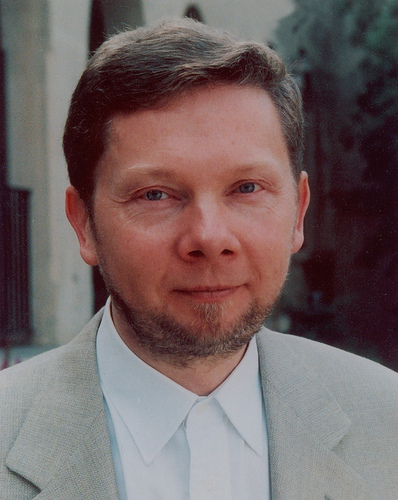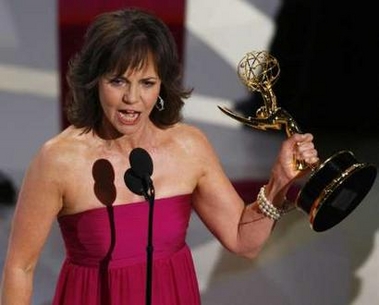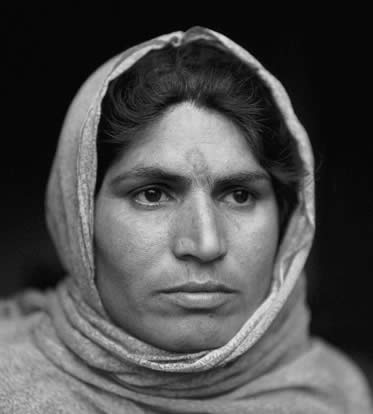
Ten things to remember about Eckhart Tolle.
What isn’t Eckhart Tolle saying and doing?
He has impacted on my life as he has on millions of others. In addition to his general spiritual illumination of our lives and of reality I am interested in how he can illumine specialist areas of life including teaching, parenting and management. However this first post is an attempt to separate what he is doing and saying from what he isn’t. Why? Well take a look at the cistern of hate and mis-representation that has poured out from ‘Christians’ and others on YouTube and elsewhere.
1 He is not a religionist.
2 He has not started a religion.
3 He is not speaking from the point of view of inter-faith but meta-faith or pan-faith and beyond.
4 He doesn’t speak from within a religion, or about others’ religious beliefs.
5 He avoids religion, and thereby teaches the purest heart of religion.
6 His life has been in three stages.
7 Before the age of 29, there was extensive ‘dark-night-of-the soul’ experience.
8 At the age of 29 he had a transformative experience.
9 The subsequent 35 years, his life’s work, has simply been a commentary on that transformative experience.
10 The 35 years is itself split into two phases, the first of which was 30 years processing the experience – via reflection, study and articulation.
11 The writing of his few books, has been over the last half decade, and the meteoric rise in their and his popularity over just the last year or two.
12 He is a Universalist, and one who most of the time avoids the trigger words that set off fundamentalists and ‘exclusivists’ and other professional haters. (That hasn’t stopped a rag-bag of fundamentalists and ‘exclusivists’ and other professional haters from attacking him, especially since Oprah gave him a platform!)
13 He is existentialist by tone and direction.
14 He is not a theologian (thank God), but he is closest theologically to panENtheism.
15 He avoids scholarship (thank God) as one of many ego-traps that potentially ensnare any of us.
16 He is quintessentially the doer as opposed to the talker – but via talking about non-talking and non-duality!
17 He is quintessentially a Universalist.
18 He is directly in the tradition(s) of all of the great mystics.
19
20
I haven’t decided on the 18th and 19th – which ones would you add to the list?
The WikiPedia entry on Tolle is a good place to start if you want to know more about him.
Photo source Flickr




 Source – NASA
Source – NASA